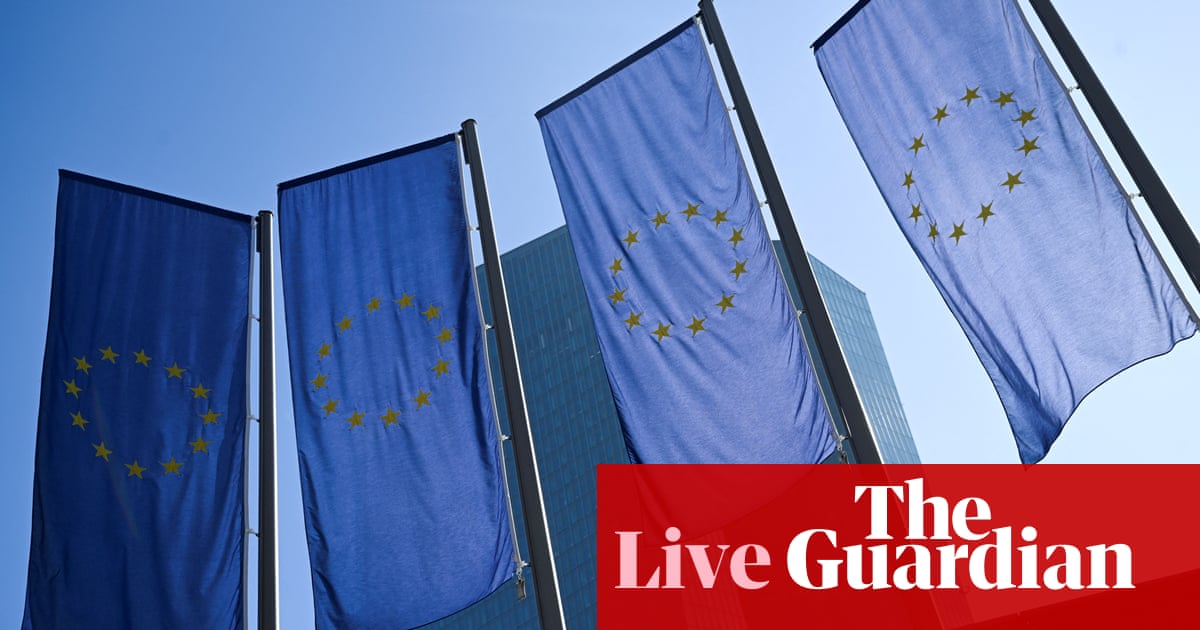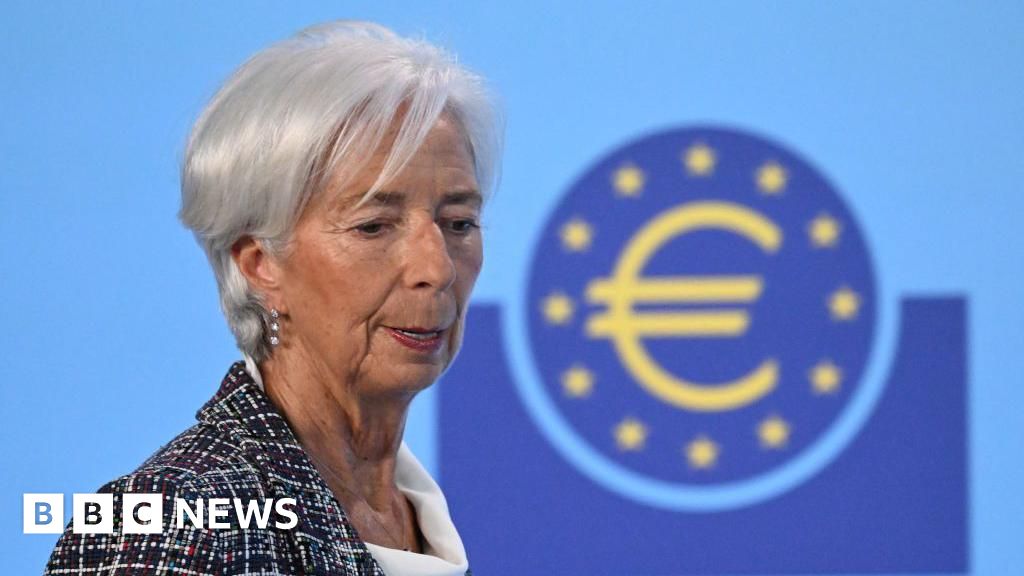European Central Bank Cuts Interest Rates Amid Economic Uncertainty
The European Central Bank reduces interest rates to 2.5% to stimulate growth, amid fears of trade wars and increased defense spending.
Subscribe to unlock this story
We really don't like cutting you off, but you've reached your monthly limit. At just $5/month, subscriptions are how we keep this project going. Start your free 7-day trial today!
Get StartedHave an account? Sign in
Overview
The European Central Bank (ECB) has cut interest rates to 2.5% to aid eurozone growth as economic uncertainty rises from potential U.S. tariffs and increased military spending in Germany. The decision follows a streak of rate cuts aimed at countering weak growth. While inflation has eased, the ECB grapples with the risk posed by trade tensions and government borrowing. ECB President Christine Lagarde highlighted that economic indicators are conflicting and the central bank's future responses will depend on evolving circumstances. The looming government spending increase may bolster growth but also poses risks for inflation.
Report issue

Read both sides in 5 minutes each day
Analysis
Analysis unavailable for this viewpoint.
Articles (6)
Center (4)
FAQ
U.S. tariffs, particularly those on EU imports, could significantly impact the European economy by reducing exports and potentially shrinking real GDP. The Kiel Institute estimates a 0.4% reduction in real GDP from blanket 25% tariffs.
The ECB expects inflation to stabilize around its 2% medium-term target. Despite current inflation being slightly above target, it is projected to ease as energy prices stabilize and wage growth moderates.
Increased defense spending could bolster economic growth but also poses inflation risks. It may stimulate demand in certain sectors but could lead to higher prices if not managed carefully.
History
- This story does not have any previous versions.




